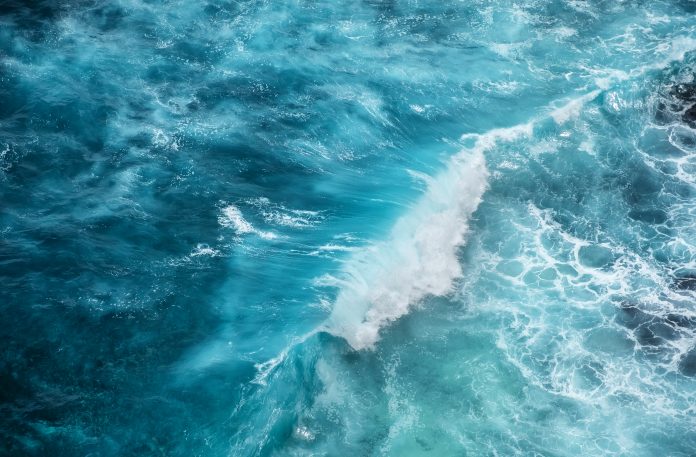The study predicts that if greenhouse gas emissions continue at Representative Concentration Pathway 8.5, then 95% of ocean surface climates could disappear by 2100
According to climate modelling predictions, the ocean will change significantly over the next century. Right now, overfishing, sea ice melting and oil-spills are creating a difficult situation for biodiversity and Indigenous populations who depend on marine hunting.
Why is the ocean this important?
The IPCC report, created by over 700 scientists, found that human activity was definitively to blame for the increasing urgency of climate change. Drawing from a type of measurement used in the report, scientists are looking at how different Representative Concentration Pathways will create different outcomes for all lifeforms that depend on the oceans.
Oceans make up 70% of the Earth’s surface, and are embedded in countless local ecosystems that keep people alive.
Katie Lotterhos and colleagues modelled ocean climates globally for three time periods: the early 19th century (1795–1834), the late 20th century (1965–2004) and the late 21st century (2065–2104).
What do emissions mean for ocean surface climates?
The authors said: “Modified energy flows and biogeochemical cycles, multiple stressors, shifts in phenology, climate-mediated invasions, climate-driven disease outbreaks, and asynchronies between prey availability and predator demand are some of the other processes that will contribute to shifting ecosystem distributions and the services that they provide to society.”
If the RCP continues at 4.5, it will result in 35.6% of ocean surface climates being changed and essentially destroyed. RCP 4.5 is the assumption that greenhouse gas emissions will peak in 2050.
If the RCP is 8.5, assuming that greenhouse gas emissions peak in 2100 and then begin to slowly increase, then 95% of ocean surface climates will be changed.
The findings also suggest that between 10.3% and 82% of the global ocean may experience surface climates that have not existed before.
many species will face rapidly disappearing or novel climates that cannot be outpaced
The authors further commented: “Without mitigation, many species will face rapidly disappearing or novel climates that cannot be outpaced by dispersal and may require evolutionary adaptation to keep pace.”











